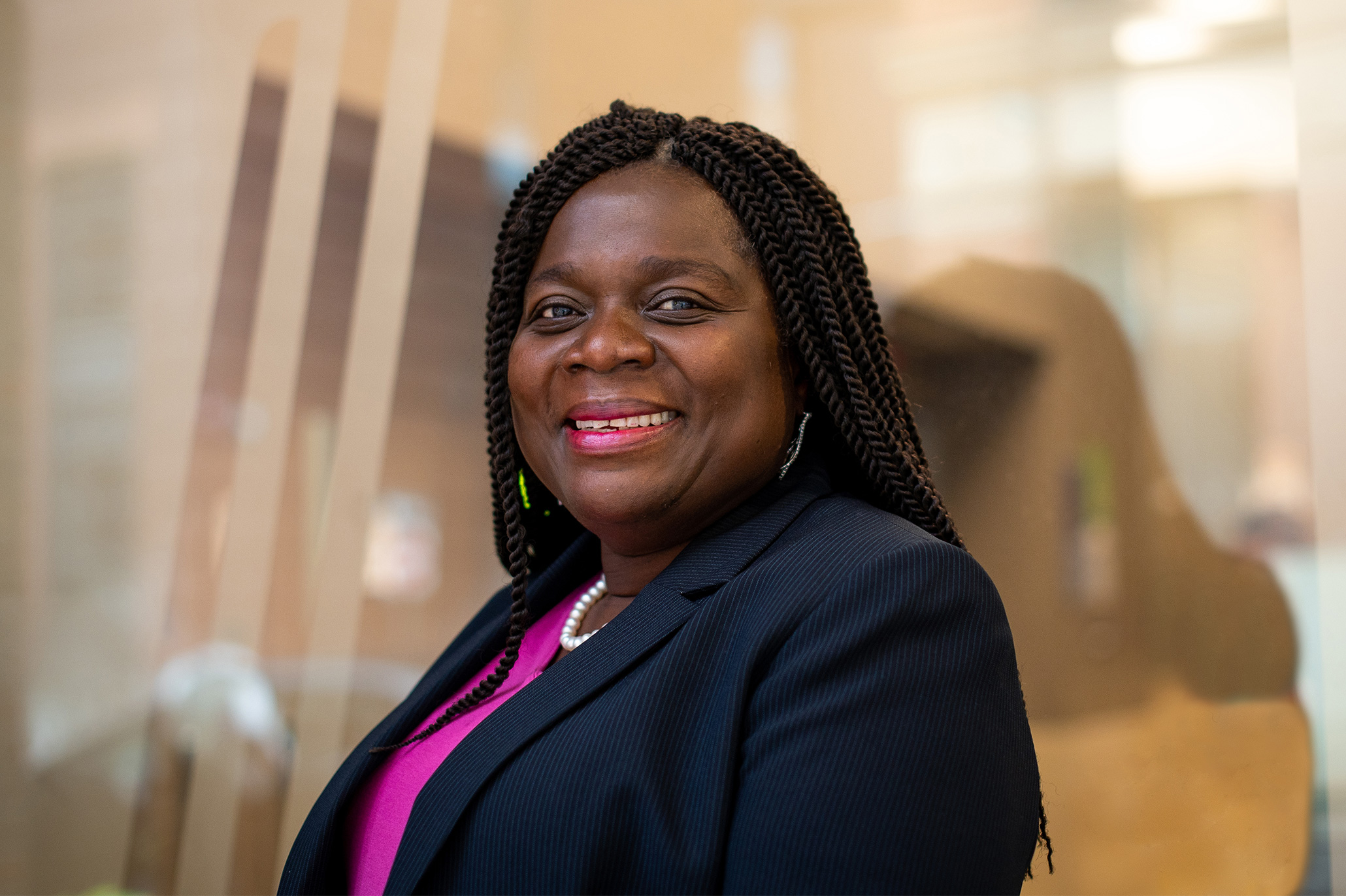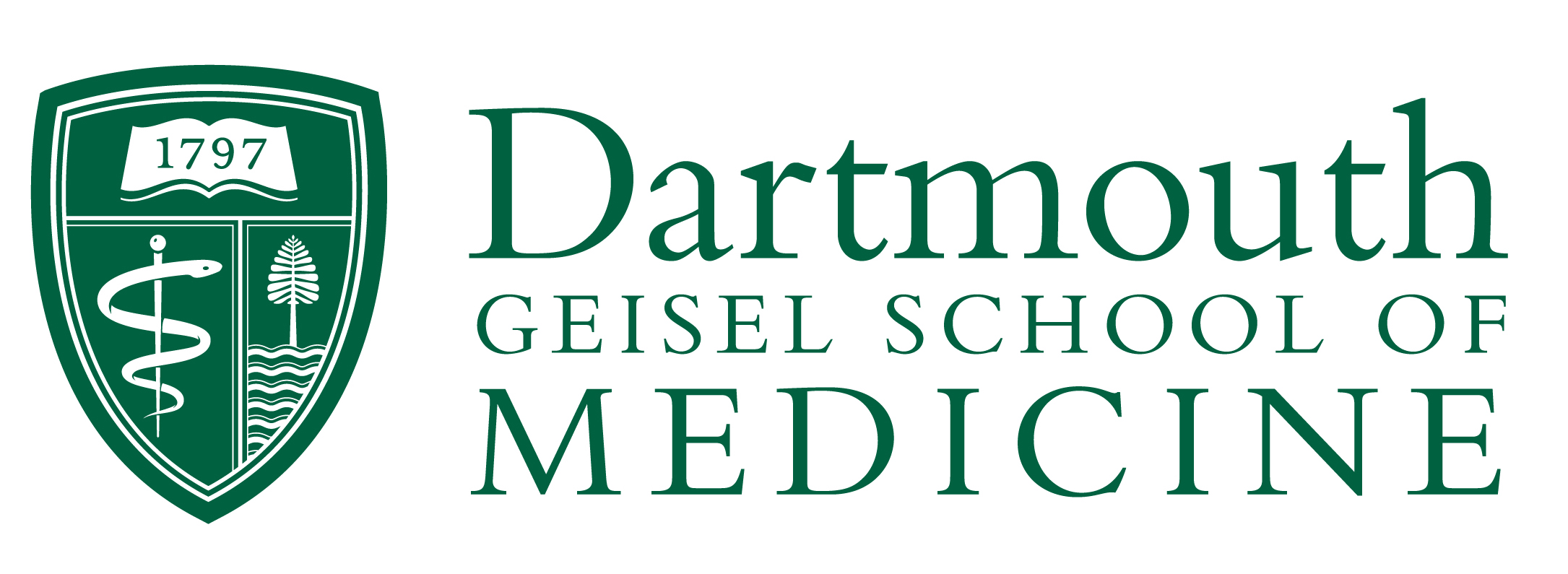
Joyce Sackey D ’85, MED ’89 brushes away tears watching students cross the stage at the Tufts University School of Medicine graduation. When a young man reaches for a diploma, she sees the cultural barriers he overcame to get there. When a woman pauses for a handshake and a photo, she pictures the healing this new physician will take home to her community.
As an associate professor of medicine and associate provost and chief diversity officer for Tufts’ Health Sciences Schools, Sackey witnessed their struggles.
“Everyone here seems so confident. I don’t belong.”
“My family thinks I’m too good for them now.”
“My mother needs help putting food on the table at home.”
Born and raised in Ghana with dreams of becoming a doctor, Sackey arrived at Dartmouth College in 1981 and went on to earn an MD at Dartmouth’s medical school. Her career as an internist took her to Beth Deaconess Medical Center in Boston, where she practiced and taught for 20 years. Along the way, an insight nudged her conscience.
“When you’re outside of the U.S., you assume that of course everyone has access to everything here,” she says, “because this is the land where dreams are made. But even in Boston, where you can’t walk anywhere without tripping over a doctor, some people will live long enough to realize their potential while others will die young, simply because their health outcome is pre-determined by the ZIP code where they live.”
She wasn’t looking for a change in 2008 when the Tufts’ School of Medicine deputy dean called to talk to her about the position of dean for multicultural affairs at the medical school. But minutes into the conversation, he was speaking her language: “We’ve got work to do right here at our doorstep.”
At Tufts, where she now also serves as dean of global health, Sackey oversees programs that recruit and retain students from populations underserved by doctors, dentists, and other health professionals. As graduates, she says, they are more likely to go back and bring desperately needed healthcare to their communities.
Tufts’ effort begins with pipeline programs that expose promising high school students to lab and field work “so they will even begin to dream like I dreamed of one day becoming a health professional.”
Later, as Tufts undergrads, they’re served by programs that build community and support through peer mentors from the medical school. “When they see a medical student who looks like them pursuing this dream, it feels like, ‘Oh my gosh, I think I can do the same thing.’”
Tufts also recruits faculty from underrepresented groups and matches them with like-minded mentors who guide them in grant writing, research, and other areas key to success. And the school’s open-door policy means all faculty members, including Sackey, are there to support students on their toughest days.
“Everyone is scared. You do belong.”
“Your family will be so proud to call you ‘doctor.’”
“Let’s brainstorm. Are there other ways to find help for your mother?”
Sackey shares her deep understanding of diversity, equity, and inclusion with her alma mater as well. She mentors Geisel students and serves on Dartmouth College’s Board of Trustees and on the Geisel Board of Advisors. “I have keen appreciation of opportunities and critical challenges currently facing higher ed,” she says. “I hope to bring my perspective and deep knowledge of best practices to meet those challenges.”
Written by Ann Hinga Klein




